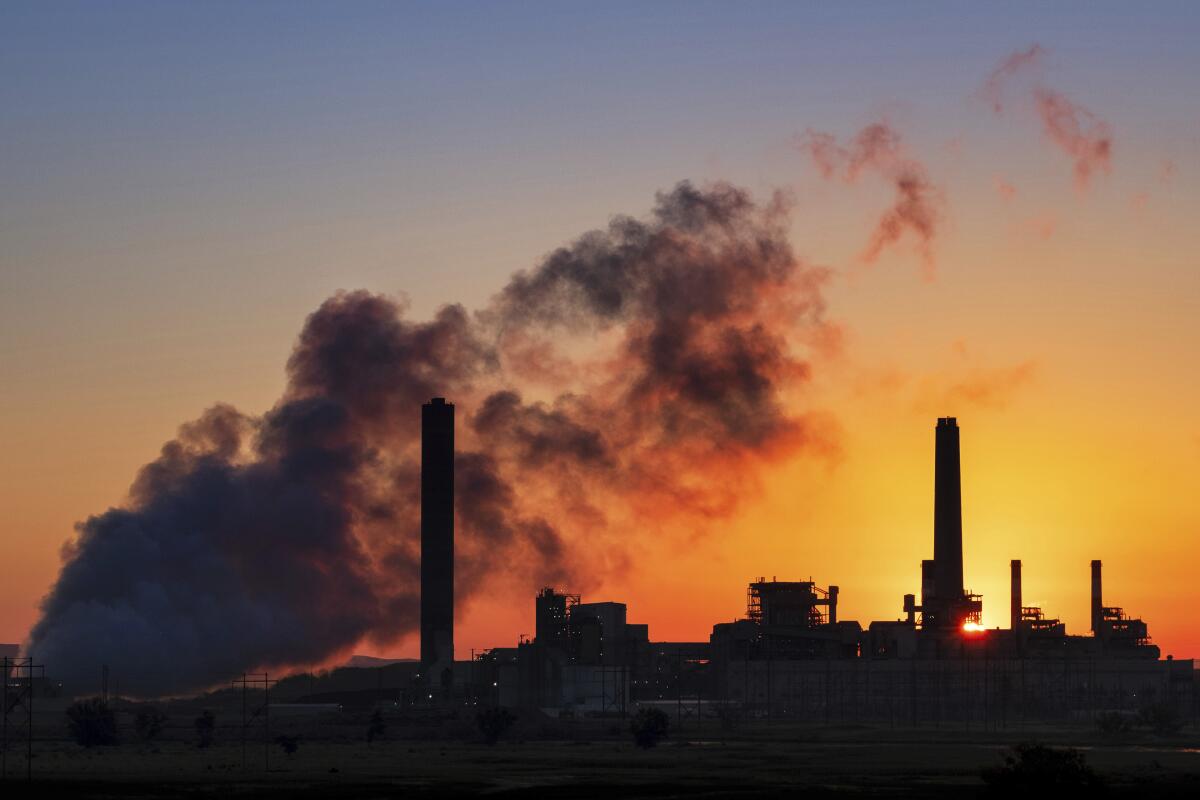EPA overrides scientistsâ calls for tougher pollutant limit

The Trump administration on Monday made final its decision to leave limits for a deadly kind of air pollutant unchanged, overriding scientific findings that tougher standards could save tens of thousands of lives yearly.
Environmental groups and many scientists have condemned the decision, slated to be among the final actions of an administration that targeted most proposed and many existing health and environmental protections as a burden to businesses. In the coal state of West Virginia, officials welcomed Mondayâs announcement by Environmental Protection Agency administrator Andrew Wheeler, who was a lobbyist for coal immediately before coming to the Trump EPA.
The tougher air standards called for by many scientists in and out of the federal government âcould have been a huge blow to the coal industry,â Douglas Buffington, West Virginiaâs senior deputy attorney general, told reporters.
Wheelerâs decision leaves unchanged limits for what is broadly called âfine particulate matterâ â the tiny bits of soot we breathe in unseen from tailpipes, wildfires, factory and power plant smokestacks and other sources.
EPA scientists have estimated exposure at current limits causes the early deaths of tens of thousands of Americans annually from heart disease and lung cancer, as well as causing other health problems.
âTheir callous disregard for the lives of people and imperiled wildlife, just to save the nationâs biggest fossil fuel polluters a few bucks, is sickening,â Robert Ukeiley, a senior attorney at the Center for Biological Diversity advocacy group, said of the EPAâs move.
Wheeler on Monday said the countryâs levels for the invisible, deadly pollutant were better than the global average.
Environmental groups promised a legal challenge to Mondayâs action, which makes official a decision earlier announced by Wheeler. The decision was part of a five-year review of limits required under the Clean Air Act.
More to Read
Get the L.A. Times Politics newsletter
Deeply reported insights into legislation, politics and policy from Sacramento, Washington and beyond. In your inbox three times per week.
You may occasionally receive promotional content from the Los Angeles Times.










